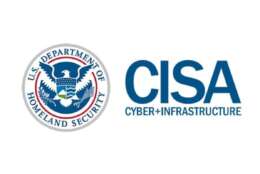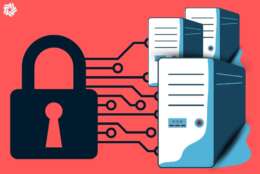Cybersecurity
-
Brian Mikkelsen, the vice president for US public sector at Datadog, said reducing tool complexity helps agencies understand how their systems are working.
March 18, 2024 -
Shery Thomas, the cyber technology officer for the Marine Corps Cyberspace Command, said network consolidation is helping improve zero trust efforts.
March 18, 2024 -
Software bills of materials. The code ingredients in software. They've become the object of study as a way to discover cybersecurity vulnerabilities.
March 15, 2024 -
Cybersecurity is shifting dramatically, with the Zero Trust model and AI-driven security measures emerging as game-changers.
March 15, 2024 -
Private 5G networks allow DoD to replicate real-world environments for training, as well as enable new technologies. But it needs a foundation.
March 15, 2024 -
Brian Conrad, the acting director of the FedRAMP cloud security program, has led several modernization initiatives over the last three years.
March 14, 2024 -
The current software security regulatory landscape is a rare moment in which the public sector is actually ahead of the private sector.
March 14, 2024 -
Ready or not, the Defense Department's Cybersecurity Maturity Model Certification Program is coming
March 13, 2024 -
Just about every federal agency uses cloud computing to some degree. Some no longer have their own data centers.
March 13, 2024 -
CISA is expected to answer some key questions about the "CIRCIA" cyber incident reporting law in its forthcoming rulemaking.
March 12, 2024 -
In the last ten years, the number of small businesses doing business with the government has fallen by a third.
March 12, 2024 -
Among the grand challenges for cybersecurity is how to make the nation's electrical grid safer. It's a big problem in a lot of ways.
March 11, 2024 -
CISA would get $3 billion under the Biden admin's budget request, including funding to implement new cyber incident reporting rules.
March 11, 2024 -
Eric Mill, director of cloud strategy at GSA, said comments on the draft Emerging Technology Framework are key to ensuring their decision process is correct.
March 08, 2024 -
Ransomware, one of the most troublesome forms of cyber attacks, is in the crosshairs of a leading cybersecurity research outfit.
March 07, 2024















